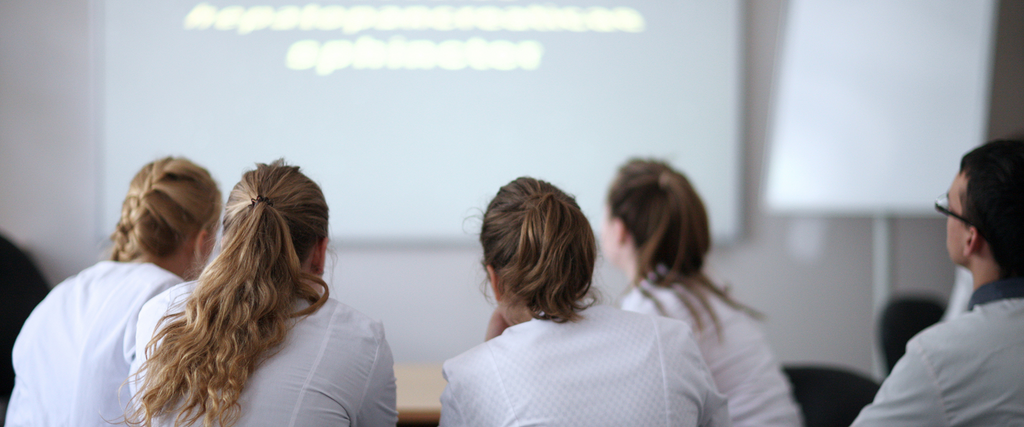
Key Dates For 2023 — Postgraduate Medicine Entry In 2024
Overview of important GAMSAT and medical school application dates in 2023 for entry into Medicine in 2024 (for schools that require GAMSAT, only).
${reading_time(`Overview of important GAMSAT and medical school application dates in 2023 for entry into Medicine in 2024 (for schools that require GAMSAT, only).
Calendar Month in 2023
Key Dates
January
Monday 30 January Standard registrations for March GAMSAT close
February
Friday 10 February Late registrations for March GAMSAT, preferences for test centres, and refund/deferral requests close
From late February March GAMSAT admission ticket available
March
Saturday 18 – Wednesday 22 March GAMSAT testing window
April
Early April Admissions guides published for GEMSAS medical schools
Monday 24 April Applications open for Doctor of Medicine & Doctor of Dental Medicine at University of Sydney
May
Early May
September GAMSAT registrations open
GEMSAS Medicine (and University of Melbourne Dentistry & Optometry) applications open
Late-May March GAMSAT results available
Monday 29 May Flinders University Doctor of Medicine applications open
Wednesday 31 May GEMSAS Medicine (and University of Melbourne Dentistry) applications close
June
Thursday 08 June Applications close for Doctor of Medicine & Doctor of Dental Medicine at University of Sydney
Friday 26 June Applications close for Doctor of Medicine at Flinders University
July
Tuesday 11 July Standard registrations for September GAMSAT close
Friday 21 July Late registrations for September GAMSAT, preferences for test centres, and refund/deferral requests close
Monday 31 July University of Melbourne Optometry applications close
August
Mid-late August Interview offers released for Flinders University
Late August September GAMSAT admission ticket available
September
Early September Offers of interviews for GEMSAS medical schools are released and are held throughout September/October
Thursday 07 September Offers for Doctor of Medicine at University of Sydney are released
Friday 08 – Tuesday 12 September GAMSAT testing window
Thursday 14 September Offers for Doctor of Dental Medicine at University of Sydney are released
Monday 18 September – Friday 29 September Interviews held for Flinders University
October
GEMSAS medical school interviews continue throughout October
Late October Flinders University offers released
November
Offers for GEMSAS Medicine and University of Melbourne Dentistry & Optometry are released
Mid-November September GAMSAT results available
December
Additional offers made throughout December 2023 and January 2024 to fill vacancies
`)} 
 AU
AU 
 AF
AF AX
AX AL
AL DZ
DZ AD
AD AO
AO AI
AI AG
AG AR
AR AM
AM AW
AW AT
AT AZ
AZ BS
BS BH
BH BD
BD BB
BB BY
BY BE
BE BZ
BZ BJ
BJ BM
BM BT
BT BO
BO BA
BA BW
BW BR
BR IO
IO VG
VG BN
BN BG
BG BF
BF BI
BI KH
KH CM
CM CA
CA CV
CV BQ
BQ KY
KY CF
CF TD
TD CL
CL CN
CN CX
CX CC
CC CO
CO KM
KM CG
CG CD
CD CK
CK CR
CR CI
CI HR
HR CW
CW CY
CY CZ
CZ DK
DK DJ
DJ DM
DM DO
DO EC
EC EG
EG SV
SV GQ
GQ ER
ER EE
EE SZ
SZ ET
ET FK
FK FO
FO FJ
FJ FI
FI FR
FR GF
GF PF
PF TF
TF GA
GA GM
GM GE
GE DE
DE GH
GH GI
GI GR
GR GL
GL GD
GD GP
GP GT
GT GG
GG GN
GN GW
GW GY
GY HT
HT HN
HN HK
HK HU
HU IS
IS IN
IN ID
ID IQ
IQ IE
IE IM
IM IL
IL IT
IT JM
JM JP
JP JE
JE JO
JO KZ
KZ KE
KE KI
KI XK
XK KW
KW KG
KG LA
LA LV
LV LB
LB LS
LS LR
LR LY
LY LI
LI LT
LT LU
LU MO
MO MG
MG MW
MW MY
MY MV
MV ML
ML MT
MT MQ
MQ MR
MR MU
MU YT
YT MX
MX MD
MD MC
MC MN
MN ME
ME MS
MS MA
MA MZ
MZ MM
MM NA
NA NR
NR NP
NP NL
NL NC
NC NZ
NZ NI
NI NE
NE NG
NG NU
NU NF
NF MK
MK NO
NO OM
OM PK
PK PS
PS PA
PA PG
PG PY
PY PE
PE PH
PH PN
PN PL
PL PT
PT QA
QA RE
RE RO
RO RU
RU RW
RW WS
WS SM
SM ST
ST SA
SA SN
SN RS
RS SC
SC SL
SL SG
SG SX
SX SK
SK SI
SI SB
SB SO
SO ZA
ZA GS
GS KR
KR SS
SS ES
ES LK
LK BL
BL SH
SH KN
KN LC
LC MF
MF PM
PM VC
VC SD
SD SR
SR SJ
SJ SE
SE CH
CH TW
TW TJ
TJ TZ
TZ TH
TH TL
TL TG
TG TK
TK TO
TO TT
TT TN
TN TR
TR TM
TM TC
TC TV
TV UM
UM UG
UG UA
UA AE
AE GB
GB US
US UY
UY UZ
UZ VU
VU VA
VA VE
VE VN
VN WF
WF EH
EH YE
YE ZM
ZM ZW
ZW







